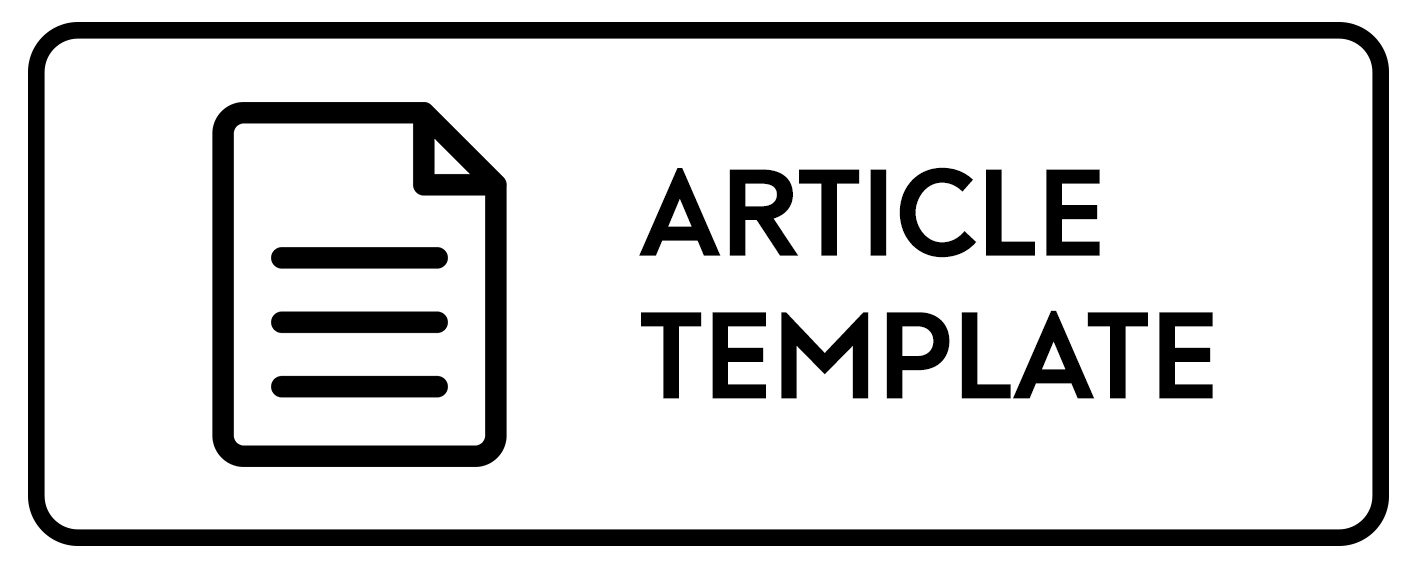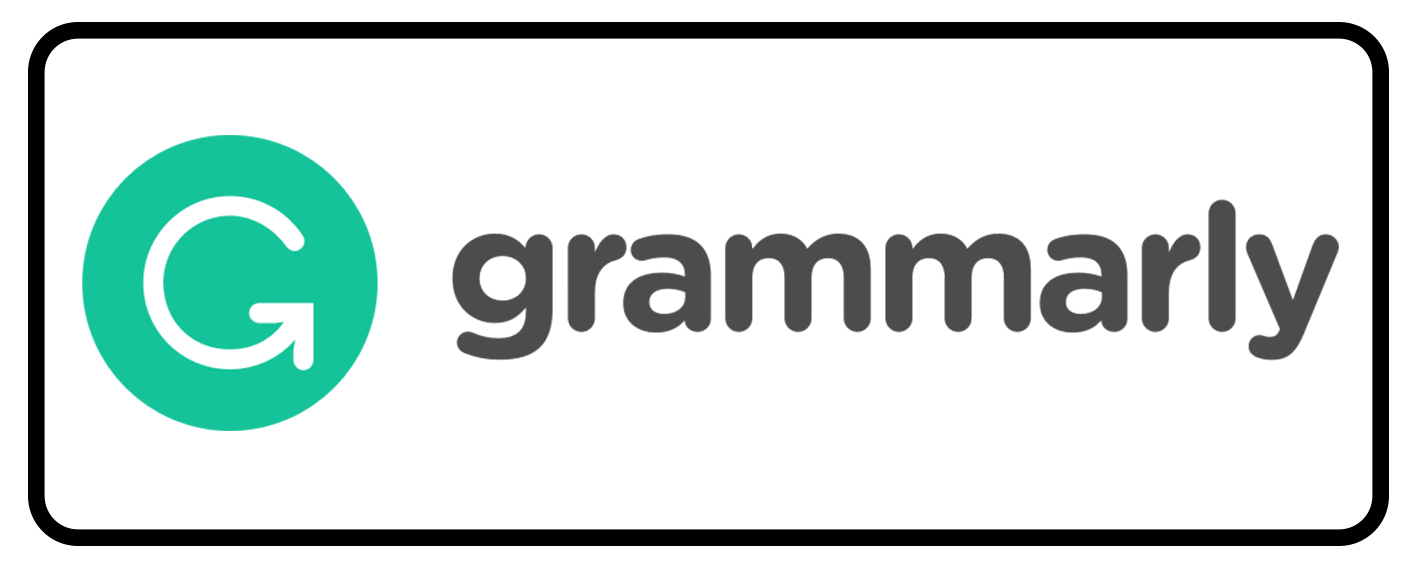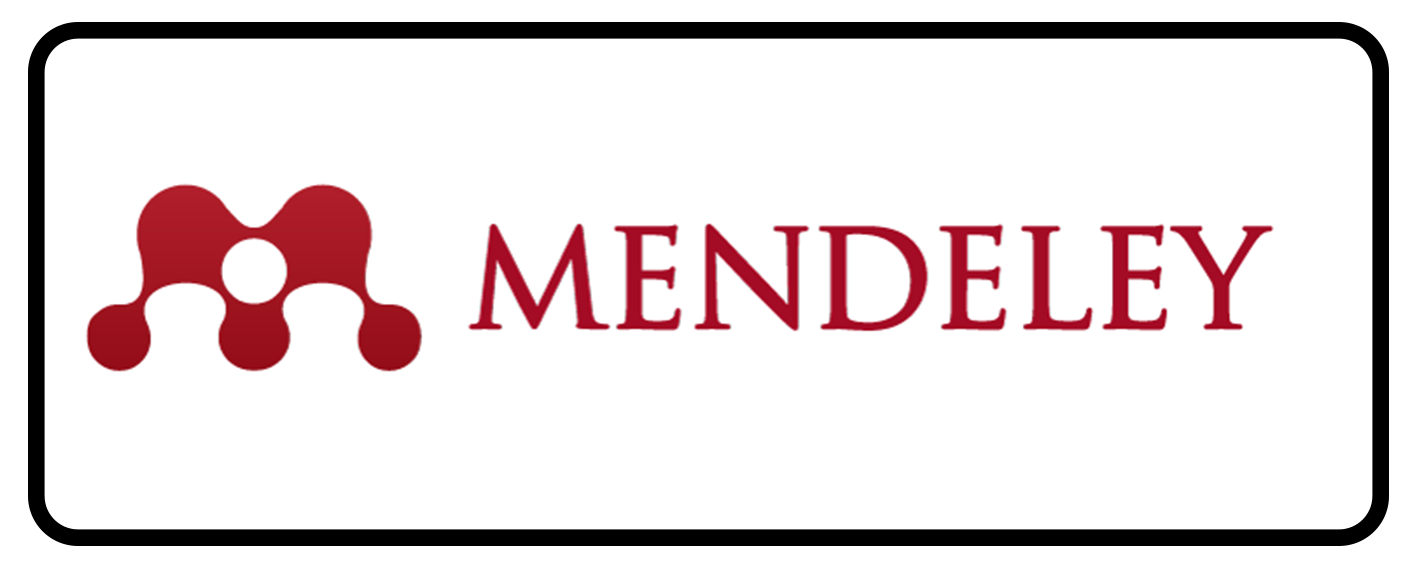CRITICAL THINKING AND SCIENTIFIC APPROACH IN EFL CONTEXT: A LITERATURE REVIEW
Abstract
Critical thinking should be encouraged in English as a Foreign Language learning based on a scientific approach. The present study reviews arguments, opinions, and previous studies on the implementation of scientific approaches in English as a Foreign Language classes for improving student's critical thinking. The review reveals that critical thinking skills cover three aspects: quick thinking, creative thinking, and analytical thinking. To improve the students’ critical thinking, teachers play a crucial role in the learning process using innovative learning models based on scientific approaches. Three learning models considered most useful for developing students' critical thinking are discovery learning, problem-based learning, and project-based learning. Through discovery learning, students learn new things by solving the problem and exploring. In problem-based learning, a contextual problem is given at the beginning of the lesson, not the content being discussed. The third, project-based learning, students learn by doing and being enthusiastic with all processes of learning. Since critical thinking skills are crucial for solving language learning problems and beyond, language learning should integrate linguistic contents with the cognitive skills and dispositions, dimensions of critical thinking.
Keywords
Full Text:
PDFReferences
Anazifa, R. D., & Djukri. (2017). Project- based learning and problem- based learning: Are they effective to improve student’s thinking skills? Jurnal Pendidikan IPA Indonesia, 6(2), 346–355. https://doi.org/10.15294/jpii.v6i2.11100
Aveyard, H. (2010). Doing a Literature Review in Health and Social Care. Open University Press.
Bicknell-Holmes, T., & Seth Hoffman, P. (2000). Elicit, engage, experience, explore: Discovery learning in library instruction. Reference Services Review, 28(4), 313–322. https://doi.org/10.1108/00907320010359632
Bloom, B. (1956). TAXONOMY OF EDUCATIONAL OBJECTIVES The Classification of Educational Goals. LONGMANS.
Boleng, D. T., Maasawet, E. T., & Candra, K. P. (2020). Empowering critical thinking skills by implementing scientific approach-based models among various students’ ethnics. JPBI (Jurnal Pendidikan Biologi Indonesia), 6(2). https://doi.org/10.22219/jpbi.v6i2.11845
Cambridge Dictionary. (2021). Cambridge Dictionary. Cambridge University Press. https://dictionary.cambridge.org/dictionary/english/clarity
Changwong, K., Sukkamart, A., & Sisan, B. (2018). Enhancing Thai high school student critical thinking capability: A new learning management model. Asia-Pacific Social Science Review, 18(1), 175–183. https://www.jois.eu/files/3_435_Changwong et al.pdf
Darling-Hammond, L., Flook, L., Cook-Harvey, C., Barron, B., & Osher, D. (2020). Implications for educational practice of the science of learning and development. Applied Developmental Science, 24(2), 97–140. https://doi.org/10.1080/10888691.2018.1537791
Doppelt, Y. (2003). Implementation and assessment of project-based learning in a flexible environment. International Journal of Technology and Design Education, 13(3), 255–272. https://doi.org/10.1023/A:1026125427344
Ellizar, E., Hardeli, H., Beltris, S., & Suharni, R. (2018). Development of Scientific Approach Based on Discovery Learning Module. IOP Conference Series: Materials Science and Engineering, 335(1). https://doi.org/10.1088/1757-899X/335/1/012101
Ertmer, P. A., & Simons, K. D. (2006). Jumping the PBL Implementation Hurdle: Supporting the Efforts of K–12 Teachers. Interdisciplinary Journal of Problem-Based Learning, 1(1). https://doi.org/10.7771/1541-5015.1005
Facione, P. A. (2000). The Disposition Toward Critical Thinking: Its Character, Measurement, and Relationship to Critical Thinking Skill. Informal Logic, 20(1). https://doi.org/10.22329/il.v20i1.2254
García, C. (2016). Project-based Learning in Virtual Groups - Collaboration and Learning Outcomes in a Virtual Training Course for Teachers. Procedia - Social and Behavioral Sciences, 228, 100–105. https://doi.org/10.1016/j.sbspro.2016.07.015
Goodman, B., & Stivers, J. (2010). Project-Based Learning. Educational Psychology, 1–8. http://www.fsmilitary.org/pdf/Project_Based_Learning.pdf
Gregory, E., Hardiman, M., Yarmolinskaya, J., Rinne, L., & Limb, C. (2013). Building creative thinking in the classroom: From research to practice. International Journal of Educational Research, 62, 43–50. https://doi.org/10.1016/j.ijer.2013.06.003
Hanafi, H. (2016). The Effect of Discovery Learning Method Application on Increasing Students’ Listening Outcome and Social Attitude. Dinamika Ilmu, 16(2), 291. https://doi.org/10.21093/di.v16i2.552
Hmelo-Silver, C. E. (2004). Problem-based learning: What and how do students learn? Educational Psychology Review, 16(3), 235–266. https://doi.org/10.1023/B:EDPR.0000034022.16470.f3
Honomichl, R. D., & Chen, Z. (2012). The role of guidance in children’s discovery learning. Wiley Interdisciplinary Reviews: Cognitive Science, 3(6), 615–622. https://doi.org/10.1002/wcs.1199
Husain, H., Mokri, S. S., Hussain, A., Abdul Samad, S., & Abd Majid, R. (2012). The level of critical and analytical thinking skills among electrical and electronics engineering students, UKM. Asian Social Science, 8(16), 80–87. https://doi.org/10.5539/ass.v8n16p80
Ilhami, S., Ellizar, Putra, A., & Hardeli. (2019). Validity and practicality of salt hydrolysis module based on discovery learning with scientific approach to increase the critical thinking ability of 11th grade high school students. Journal of Physics: Conference Series, 1185(1). https://doi.org/10.1088/1742-6596/1185/1/012148
Im, H., Hokanson, B., & Johnson, K. K. P. (2015). Teaching Creative Thinking Skills: A Longitudinal Study. Clothing and Textiles Research Journal, 33(2), 129–142. https://doi.org/10.1177/0887302X15569010
Jumaisyaroh, T., Napitupulu, E. E., & Hasratuddin, H. (2015). Peningkatan Kemampuan Berpikir Kritis Matematis Dan Kemandirian Belajar Siswa Smp Melalui Pembelajaran Berbasis Masalah. Kreano, Jurnal Matematika Kreatif-Inovatif, 5(2), 157. https://doi.org/10.15294/kreano.v5i2.3325
Kemendikbud. (2013). Konsep dan Implementasi Kurikulum 2013. In Kementrian Pendidikan dan Kebudayaan (pp. 1–162).
Kemendikbud. (2014). Materi Pelatihan Guru Implementasi Kurikulum 2013 Tahun Ajaran 2014/2015. Kementrian Pendidikan Dan Kebudayaan, 1–115.
Ku, K. Y. L. (2009). Assessing students’ critical thinking performance: Urging for measurements using multi-response format. Thinking Skills and Creativity, 4, 70–76.
Kubiatko, M., & Vaculová, I. (2011). Project-based learning : characteristic and the experiences with application in the science subjects. Energy Education Science and Technology Part B: Social and Educational Studies, 3(1), 65–74.
Lin, L. F. (2018). Integrating the Problem-Based Learning Approach Into a Web-Based English Reading Course. Journal of Educational Computing Research, 56(1), 105–133. https://doi.org/10.1177/0735633117705960
Liu, O. L., Mao, L., Frankel, L., & Xu, J. (2016). Assessing critical thinking in higher education: the HEIghtenTM approach and preliminary validity evidence. Assessment and Evaluation in Higher Education, 41(5), 677–694. https://doi.org/10.1080/02602938.2016.1168358
Lukitasari, M., Purnamasari, I., Utami, S., & Sukri, A. (2019). Blended-Problem-Based Learning: How its impact on students’ critical thinking skills? JPBI (Jurnal Pendidikan Biologi Indonesia), 5(3). https://doi.org/10.22219/jpbi.v5i3.10048
Marin, L. M., & Halpern, D. F. (2011). Pedagogy for developing critical thinking in adolescents: Explicit instruction produces greatest gains. Thinking Skills and Creativity, 6(1), 1–13. https://doi.org/10.1016/j.tsc.2010.08.002
Marin, M. A., & Pava, L. D. la. (2017). Conceptions of Critical Thinking from University EFL Teachers. English Language Teaching, 10(7), 78. https://doi.org/10.5539/elt.v10n7p78
Masduqi, H. (2011). Critical Thinking Skills and Meaning in English Language Teaching. TEFLIN Journal, 22(2), 185–200. https://doi.org/10.15639/teflinjournal.v22i2/185-200
Mason, M. (2008). Critical Thinking and Learning. In Critical Thinking and Learning. https://doi.org/10.1002/9781444306774
Mehta, S. R., & Al-Mahrooqi, R. (2015). Can thinking be taught? Linking critical thinking and writing in an EFL context. RELC Journal, 46(1), 23–36. https://doi.org/10.1177/0033688214555356
Merriam-Webster Dictionary. (2021). Merriam-Webster. https://www.merriam-webster.com/dictionary/singular
Miri, B., David, B. C., & Uri, Z. (2007). Purposely teaching for the promotion of higher-order thinking skills: A case of critical thinking. Research in Science Education, 37(4), 353–369. https://doi.org/10.1007/s11165-006-9029-2
Mitchell, S., Foulger, T. S., Wetzel, K., & Rathkey, C. (2009). The Negotiated Project Approach: Project-Based Learning without Leaving the Standards behind. Early Childhood Education Journal, 36(4), 339–346. https://doi.org/10.1007/s10643-008-0295-7
Moon, J. (2007). Critical thinking: An exploration of theory and practice. In Critical Thinking: An Exploration of Theory and Practice. https://doi.org/10.4324/9780203944882
Nuryakin, & Riandi. (2017). Improving Middle School Students’ Critical Thinking Skills Through Reading Infusion-Loaded Discovery Learning Model in the Science Instruction. Journal of Physics: Conference Series, 812(1). https://doi.org/10.1088/1742-6596/812/1/012003
Othman, N., & Shah, M. I. A. (2013). Problem-based learning in the English language classroom. English Language Teaching, 6(3), 125–134. https://doi.org/10.5539/elt.v6n3p125
Oxford Learner’s Dictionary. (2021). Oxford Learner’s Dictionary. Oxford Learner’s Dictionary. https://www.oxfordlearnersdictionaries.com/definition/english/diversity
Papanikolaou, K., & Boubouka, M. (2010). Promoting collaboration in a project –based e-learning context. Journal of Research on Technology in Education, 43(2), 135–155. https://doi.org/10.1080/15391523.2010.10782566
Pecore, J. L. (2012). Beyond Beliefs: Teachers Adapting Problem-based Learning to Preexisting Systems of Practice. Interdisciplinary Journal of Problem-Based Learning, 7(2). https://doi.org/10.7771/1541-5015.1359
Piaget, J. (1973). To Understand Is To Invent. In A Structural Foundation for Tomorrow’s Education.
Ratnaningsih, S. (2017). Scientific Approach of 2013 Curriculum: Teachers� Implementation in English Language Teaching. English Review: Journal of English Education, 6(1), 33. https://doi.org/10.25134/erjee.v6i1.792
Rezaei, S., Derakhshan, A., & Bagherkazemi, M. (2011). Critical Thinking in Language Education. Journal of Language Teaching and Research, 2(4). https://doi.org/10.4304/jltr.2.4.769-777
Rochmahwati, P. (2015). Fostering Students’ Critical Thinking By Project-Based Learning. Journal on English as a Foreign Language, 5(1), 37. https://doi.org/10.23971/jefl.v5i1.90
Sari, R. M., Sumarmi, Komang Astina, I., Utomo, D. H., & Ridhwan. (2019). Measuring students scientific learning perception and critical thinking skill using paper-based testing: School and gender differences.
International Journal of Emerging Technologies in Learning, 14(19), 132–149. https://doi.org/10.3991/ijet.v14i19.10968
Sarwanti, S. (2016). Scientific Method in English Language Teaching. Journal of Knowledge Management, 2(2), 1–18. http://www.waset.org/publications/11070%0Ahttp://btd.egc.ufsc.br/%0Ahttp://dx.doi.org/10.1016/j.jdmm.2015.12.005%0Ahttps://portal.aenormas.aenor.com/revista/pdf/abr16/10abr16.pdf%0Ahttp://dx.doi.org/10.1016/j.sbspro.2014.07.296%0Ahttps://pdfs.semanticscho
Sasson, I., Yehuda, I., & Malkinson, N. (2018). Fostering the skills of critical thinking and question-posing in a project-based learning environment. Thinking Skills and Creativity, 29, 203–212. https://doi.org/10.1016/j.tsc.2018.08.001
Savery. (2006). Overview of PBL: Definitions and distinctions. Interdisciplinary Journal of Problem-Based Learning, 1(1), 9–20.
Şendaǧ, S., & Ferhan Odabaşi, H. (2009). Effects of an online problem based learning course on content knowledge acquisition and critical thinking skills. Computers and Education, 53(1), 132–141. https://doi.org/10.1016/j.compedu.2009.01.008
Shamir, A., Zion, M., & Spector_Levi, O. (2008). Peer tutoring, metacognitive processes and multimedia problem-based learning: The effect of mediation training on critical thinking. Journal of Science Education and Technology, 17(4), 384–398. https://doi.org/10.1007/s10956-008-9108-4
Shandy Narmaditya, B., Wulandari, D., & Binti Sakarji, S. R. (2018). Does problem-based learning improve critical thinking skills? Cakrawala Pendidikan, 37(3), 378–388. https://doi.org/10.21831/cp.v38i3.21548
Strobel, J., & van Barneveld, A. (2009). When is PBL More Effective? A Meta-synthesis of Meta-analyses Comparing PBL to Conventional Classrooms. Interdisciplinary Journal of Problem-Based Learning, 3(1). https://doi.org/10.7771/1541-5015.1046
Sulistiani, E., Waluya, S. B., & Masrukan. (2018). The analysis of student’s critical thinking ability on discovery learning by using hand on activity based on the curiosity. Journal of Physics: Conference Series, 983(1). https://doi.org/10.1088/1742-6596/983/1/012134
Suyanto, S. (2018). The implementation of the scientific approach through 5ms of the revised curriculum 2013 in Indonesia. Cakrawala Pendidikan, 37(1), 22–29. https://doi.org/10.21831/cp.v37i1.18719
Urban Dictionary. (2021). Urban Dictionary. https://www.urbandictionary.com/define.php?term=interpretating
Walker, A., & Leary, H. (2009). A Problem Based Learning Meta Analysis: Differences Across Problem Types, Implementation Types, Disciplines, and Assessment Levels. Interdisciplinary Journal of Problem-Based Learning, 3(1). https://doi.org/10.7771/1541-5015.1061
Yerimadesi, Y., Bayharti, B., Azizah, A., Lufri, L., Andromeda, A., & Guspatni, G. (2019). Effectiveness of acid-base modules based on guided discovery learning for increasing critical thinking skills and learning outcomes of senior high school student. Journal of Physics: Conference Series, 1185(1). https://doi.org/10.1088/1742-6596/1185/1/012151
Zaim, M. (2017). Implementing Scientific Approach to Teach English at Senior High School in Indonesia. Asian Social Science, 13(2), 33. https://doi.org/10.5539/ass.v13n2p33
Zhao, C., Pandian, A., & Mehar Singh, M. K. (2016). Instructional Strategies for Developing Critical Thinking in EFL Classrooms. English Language Teaching, 9(10), 14. https://doi.org/10.5539/elt.v9n10p14
DOI: http://dx.doi.org/10.30872/calls.v7i2.5617
Copyright (c) 2022 Ni Made Saraswati Ansari

This work is licensed under a Creative Commons Attribution-ShareAlike 4.0 International License.
Editorial address:
Fakultas Ilmu Budaya, Universitas Mulawarman
Address: Jl. Ki Hajar Dewantara, Gunung Kelua, Kec. Samarinda Ulu, Kota Samarinda, Kalimantan Timur, Indonesia 75123
Email: jurnalcalls@fib.unmul.ac.id
Website: http://e-journals.unmul.ac.id/index.php/CALLS

CaLLs: Journal of Culture, Arts, Literature, and Linguistics site is licensed under a Creative Commons Attribution-ShareAlike 4.0 International License
CaLLs: Journal of Culture, Arts, Literature, and Linguistics indexing by:














